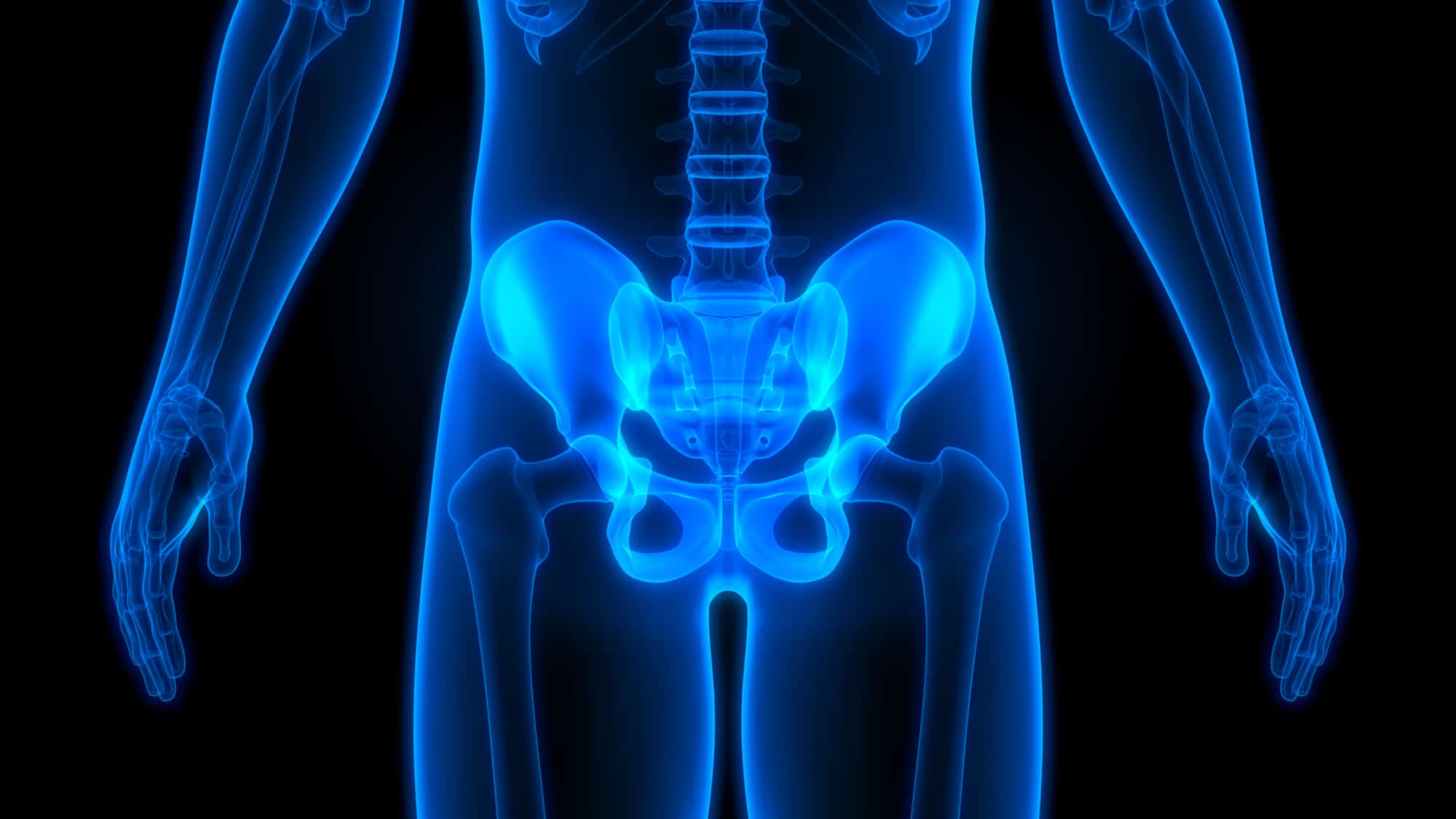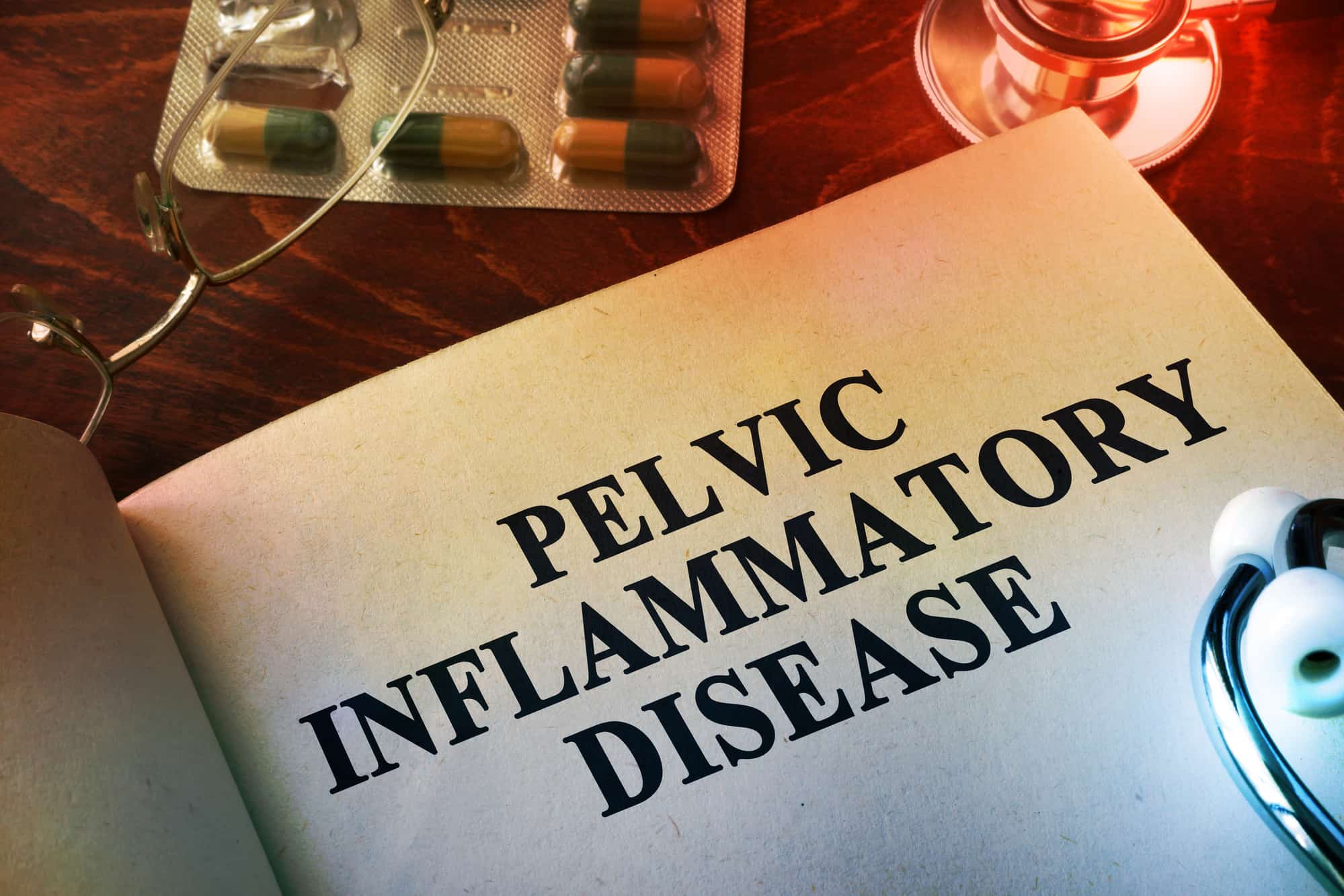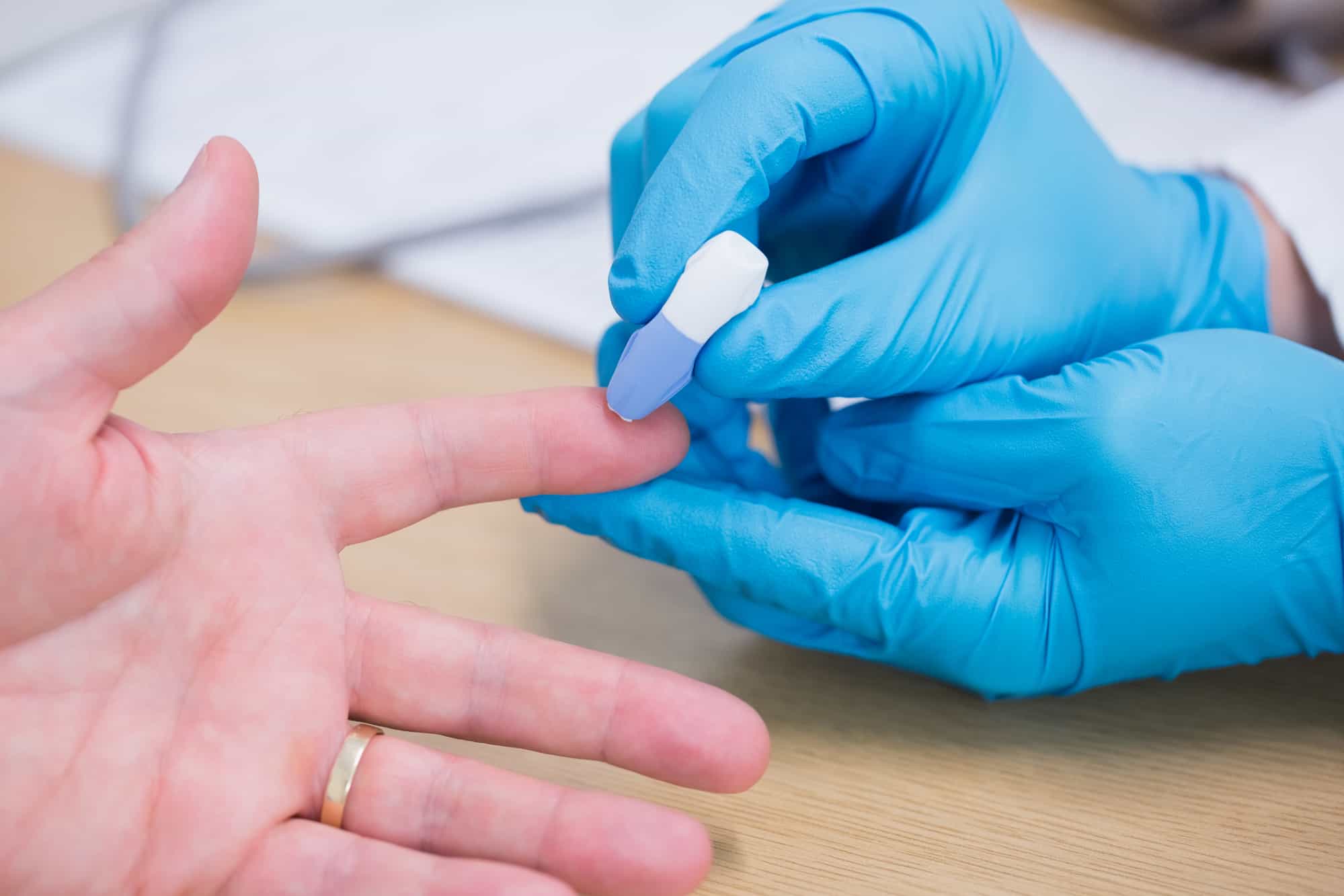
Sexually transmitted infections (STIs) are common and vary in symptoms.
Despite that, a segment of the female (and male) population carries a sexually transmitted infection but doesn't know about it because they don’t have any symptoms.
This lack of awareness is a problem because STIs can pose a serious health risk if you don’t treat them promptly – especially for us as women, and you’re more likely to transmit the infection to other people when you don’t know you have it.
Most notably, when it comes to pelvic problems. STIs like Gonorrhea and Chlamydia can cause Pelvic Inflammatory Disease (PID).
One of the leading causes of infertility and ectopic pregnancy – and in some cases, life-threatening disease if it spreads beyond the pelvis.
The CDC reports that “Untreated sexually transmitted diseases (STDs) can cause pelvic inflammatory disease (PID), a serious condition, in women. 1 in 8 women with a history of PID experience difficulties getting pregnant.”
More Blogs From Nancy Branberg
How Pelvic Organ Prolapse Can Affect Your Relationship
Salem Witch Trials: Historical Demonization Of The Female Body
How To Strengthen Your Pelvic Floor
What Is Pelvic Inflammatory Disease?

Pelvic Inflammatory Disease or PID is an infection of the reproductive system that affects the ovaries, fallopian tubes, and uterus.
Many women don't know they have it until they try to get pregnant or discover the STI that caused the condition to develop in the first place.
But if you suffer from chronic pelvic pain with no obvious cause, it’s worth talking to your doctor about pelvic inflammatory disease.
Unfortunately if you’re looking to get pregnant, pelvic inflammatory disease can cause scarring and narrowing inside the fallopian tubes, which increases your chances of ectopic pregnancy because eggs can't pass through the fallopian tubes into your womb.
Ectopic pregnancies pose serious health risks and often result in the surgical removal of the affected fallopian tube, which makes it even more challenging to get pregnant.
Symptoms of PID can include:
In rare cases – that require prompt treatment because it can be life-threatening, there may be nausea, fever, and severe lower abdominal pain.
What Causes Pelvic Inflammatory Disease?

In most women, pelvic inflammatory disease results from a bacterial sexually transmitted infection that travels from the vagina to the cervix and up into the ovaries, fallopian tubes, and the uterus.
Many different types of sexually transmitted infections can lead to Pelvic Inflammatory Disease and other pelvic problems. Still, the most common ones are gonorrhea, mycoplasma genitalium, and chlamydia.
However, PID is not always caused by STIs. It can sometimes occur because of the natural bacteria that live inside the vagina. But in most cases, it directly results from an untreated STI.
What Are The Symptoms Of A Sexually Transmitted Infection (STI)?

The symptoms of sexually transmitted infections range from mild to severe and can affect different parts of the female body.
Once you have an infection, it may take weeks, months, or longer to become symptomatic.
However, certain STIs like Hepatitis B and Chlamydia sometimes do not show any symptoms at all, resulting in many women who carry either of these not being aware of it.
The main symptoms of a potential STI that you should look out for are:
However, since many of these symptoms can occur because of other medical issues, just because you have the symptoms may not mean you have an STI.
Still, you should seek professional medication advice and treatment right away if you think you may have an infection.
What Is A Sexually Transmitted Infection?

Some of the leading causes of sexually transmitted infections include:
The primary transmission mode for sexually transmitted diseases is through the exchange of body fluids during sexual activity and intercourse.
It includes vaginal, anal, and oral sex. In addition, certain types of sexually transmitted infections are transmitted through skin contact, like when genitals come into physical contact with each other.
But really, any infection that spreads via sexual contact is categorized as an STI.
Although, there are certain exceptions like CMV (cytomegalovirus) that, despite having sexual contact as a mode of transmission, is not considered an STI.
This differentiation is because CMV can spread in other ways as well.
Then there are more commonly found STIs, with HPV among them. HPV is a virus that is of particular importance to women because certain strains of the virus – HPV 16 and HPV 18 – have been proven to cause cervical cancer.
In fact, these viruses are thought to cause 70% - 90% of all cervical cancer cases. Usually, the infection is cleared naturally by the body.
But in some women (around 10%), these HPV strains can remain in the body for many years without symptoms.
That’s why regular HPV screening and Pap smears are essential. In addition, although they're not at risk from cervical cancer, men can carry the HPV virus, so it's critical to repeat HPV screening if you have a new partner.
Treating STIs To Prevent Pelvic Inflammatory Disease

Many STIs like trichomoniasis, gonorrhea, and chlamydia are treatable with antibiotics.
Although some bacterial strains are becoming antibiotic-resistant and pose a more significant challenge to treat, so it’s important to act quickly and nip the infection in the bud if you believe you may have been infected before it develops into full-blown Pelvic Inflammatory Disease (PID) and causes more problems.
Another STI that doctors can treat with antibiotics is syphilis. The type of medicine prescribed for this condition is subject to which of the four stages – primary, secondary, latent, and tertiary – the disease has progressed.
Likewise, people with active hepatitis B need no treatment. Only in cases of chronic hepatitis B are antiviral medicines given.
Some infections cannot be cured, but their symptoms can be managed with regular treatment. HIV, HPV, and herpes are among such conditions.
For example, the herpes virus tends to come and go, so patients are given antivirals to reduce the symptoms of each outbreak of the tell-tale red blisters.
HIV treatment also involves taking antivirals daily to prevent the virus from replicating. After six months of regular treatment, HIV is undetectable in most patients.
Unfortunately, the HPV strain that leads to genital warts does not have a standard treatment. The doctor, instead, will recommend topical medicines to treat the lesions. In some cases, they may even operate to remove them.
Have You Got An STI?

If you’re worried that you might have a sexually transmitted infection and want to prevent Pelvic Inflammatory Disease (PID) by identifying and treating the infection quickly, there are a series of tests you can have to determine whether your symptoms relate to an STI or they're a result of another medical condition.
The tests may include the following:
Men and women who are highly sexually active with multiple partners must get a medical test done regularly or as soon as symptoms arise, whichever is soonest.
With STIs, the quicker the diagnosis and the earlier the treatment, the less likely it is that complications and pelvic problems will develop later.
If any sexually transmitted infection is left untreated for an extended period, it could lead to serious medical complications like:
Sexually transmitted infections can also pose a severe health risk to unborn children and jeopardize your pregnancy.
In rare cases, there is a risk of newborn babies contracting STIs from their mothers that can cause:
Pregnant mothers are at greater risk of premature labor due to sexually transmitted infections they're unaware of.
However, certain treatments are not safe during pregnancy, so it's important to rule out STIs before you get pregnant – to prevent complications for you and your baby.
Are You Concerned About Your Health?
If you want advice or reassurance contact us now.
We can help you with your healthcare needs and direct you to the right place.
We're committed to your recovery.


